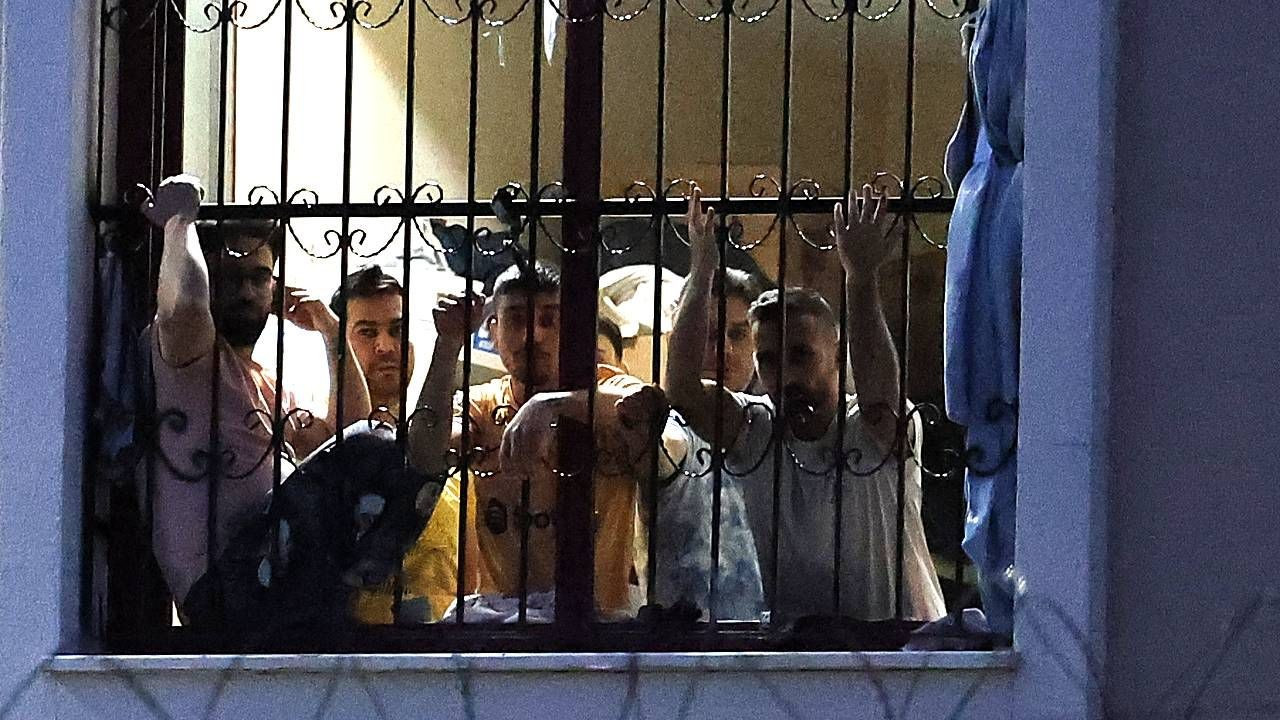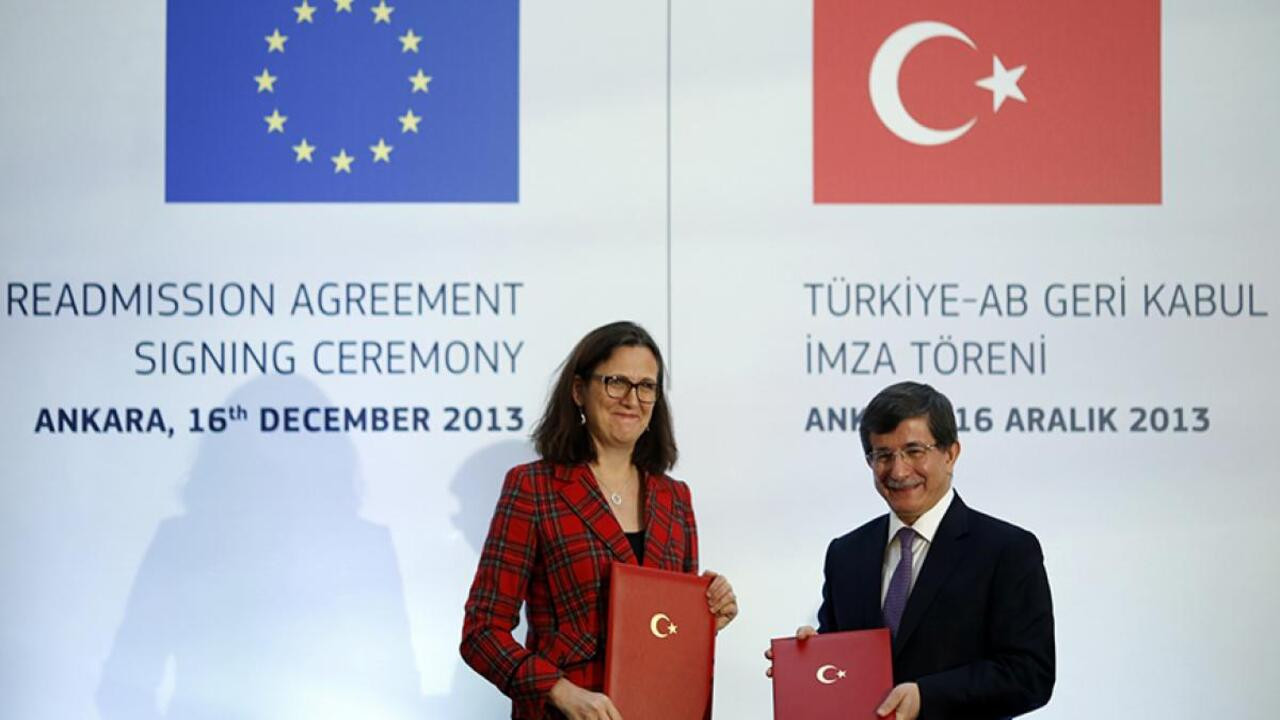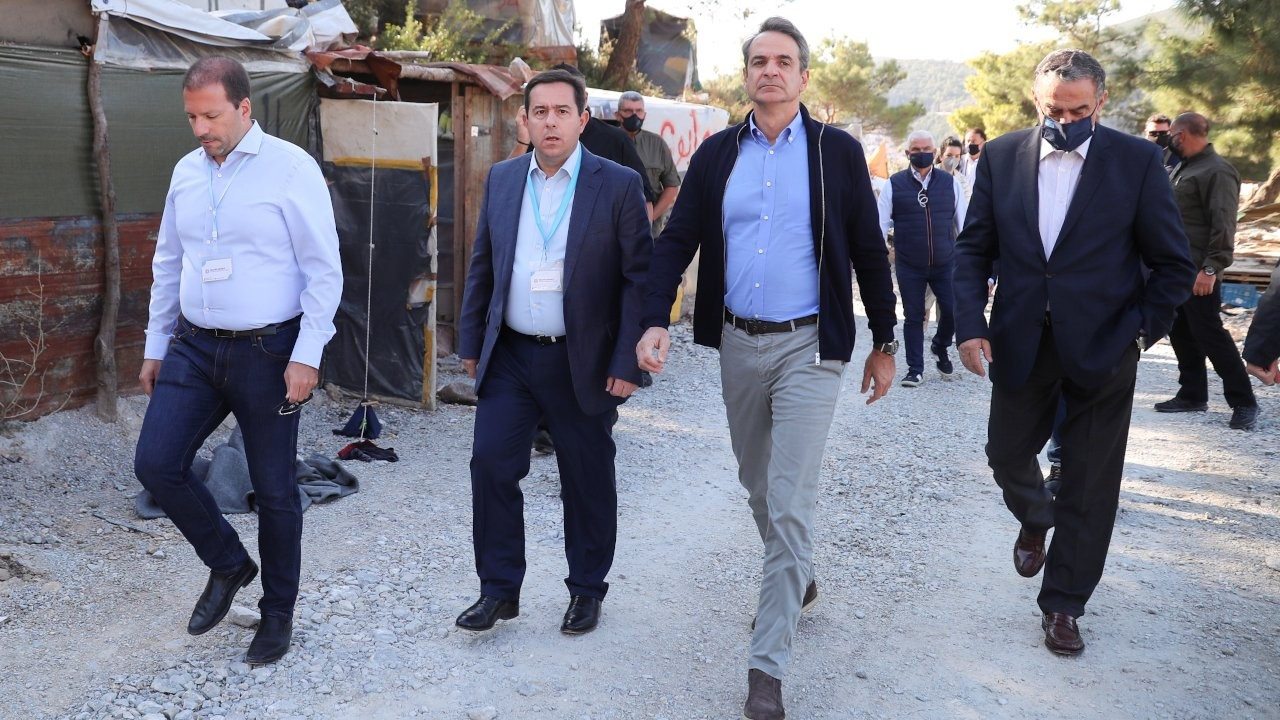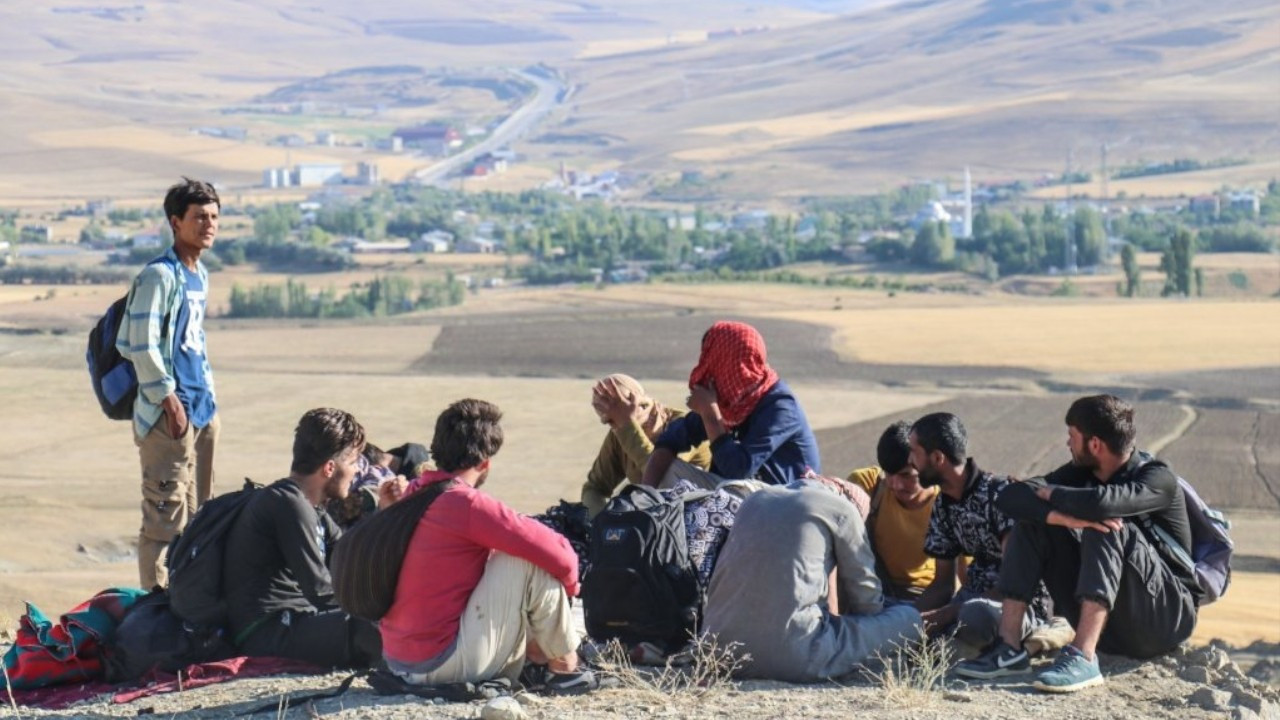Auditors cite rights concerns, costs in Turkey-EU migrant deal
EU auditors have stated that Turkey's substandard human rights record and economic issues are diminishing the effectiveness of the European Union's migration agreement with Ankara signed in 2016.
Reuters
Turkey's poor human rights record and economic factors are undermining the effectiveness of the European Union's (EU) migration deal with Ankara, EU auditors said on April 24.
Under the 2016 deal, Ankara agreed to take back migrants who had crossed from its territory to Europe in return for EU aid to help fund more than four million refugees on Turkish soil.
The EU, which faces elections in June for the European Parliament in which illegal migration promises to be a big issue, has sealed agreements similar to the Turkey scheme with Tunisia, Egypt, Mauritania and others.
In their report, the EU auditors raised concerns about the ability of non-governmental organizations (NGOs) to operate projects, as envisaged under the 6 billion euro ($6.4 billion) deal, given Turkey's authoritarian turn since a failed coup in 2016 and its crackdown on dissent.
"The operating situation of NGOs has continuously deteriorated since 2015 and has been exacerbated in the context of the unsuccessful... coup in Turkey, where NGOs subsequently were targeted through various legislation," it said.
The European Court of Auditors (ECA) report also cited the difficulty of managing the EU aid in the context of Turkey's economic downturn and Ankara's "backsliding on the rule of law and fundamental rights".
The report said the European Commission, the EU's executive, had failed to provide an adequate analysis of costs and that it was unclear what would happen once the aid ended.
"The facility is beneficial for refugees and host communities but we would still like to see improvements in terms of demonstrating impact, ensuring sustainability, and value for money," said Bettina Jakobsen, who led the ECA report.
Rights groups and some politicians have long accused the EU of neglecting human rights in its drive to curb illegal migration.
"This leads to the EU focusing less on issues that should be of relevance such as the neglect of human rights," said Florian Trauner, a professor at the Brussels School of Governance.
EU Ombudsman Emily O'Reilly has launched an inquiry into human rights guarantees under the bloc's new migration deal with Tunisia.
($1 = 0.9386 euros)

 Immigrants expose human rights violations at repatriation center in southern TurkeyHuman Rights
Immigrants expose human rights violations at repatriation center in southern TurkeyHuman Rights EU pays €4.7M euros per refugee sent to Turkey, German press reportsHuman Rights
EU pays €4.7M euros per refugee sent to Turkey, German press reportsHuman Rights Greek migration minister says EU should keep its visa liberalization promise to TurkeyDiplomacy
Greek migration minister says EU should keep its visa liberalization promise to TurkeyDiplomacy Turkey rules out any EU deal restricted to financial aid to stop Afghan migration flowDiplomacy
Turkey rules out any EU deal restricted to financial aid to stop Afghan migration flowDiplomacy